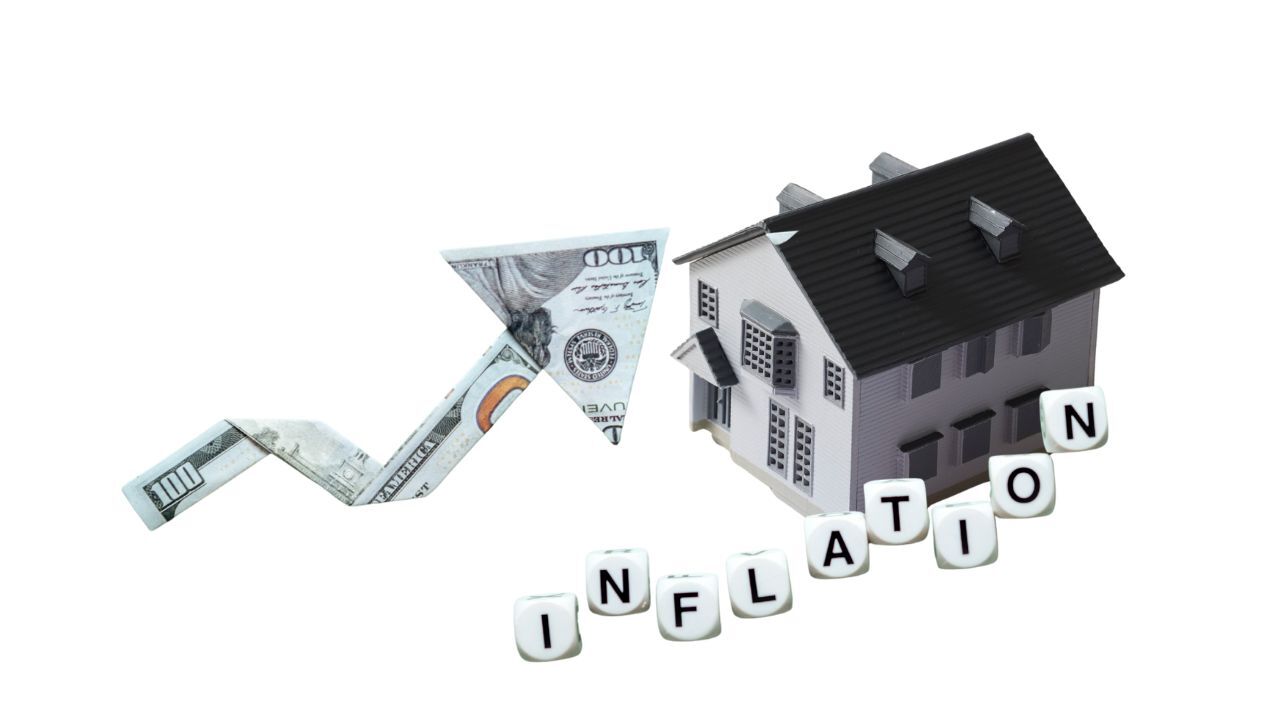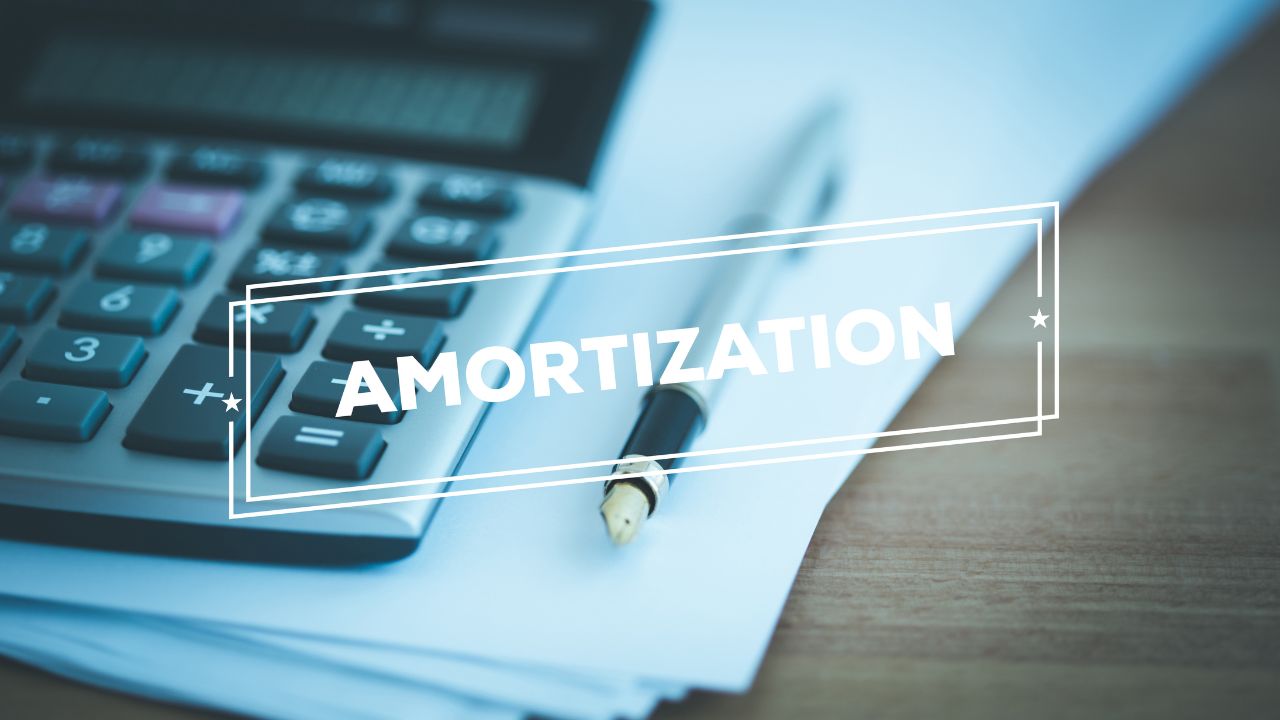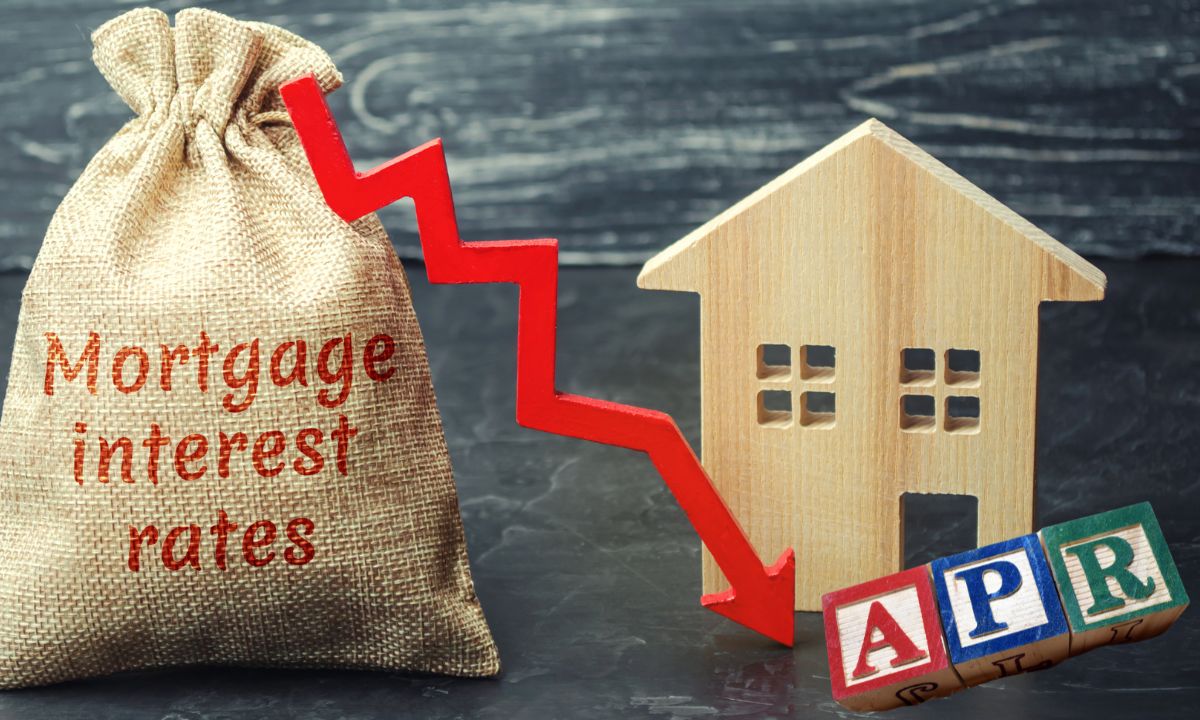 Inflation affects nearly every part of the economy, from grocery prices to the cost of borrowing. For homeowners and buyers, understanding how inflation impacts mortgage rates and payments can be a powerful advantage. While rising prices can feel discouraging, there are strategic ways borrowers can benefit during inflationary periods.
Inflation affects nearly every part of the economy, from grocery prices to the cost of borrowing. For homeowners and buyers, understanding how inflation impacts mortgage rates and payments can be a powerful advantage. While rising prices can feel discouraging, there are strategic ways borrowers can benefit during inflationary periods.
How Inflation Impacts Mortgages
When inflation rises, the value of money decreases, and interest rates increase. This is because lenders want to protect the value of the money they lend. Higher inflation can mean higher mortgage rates for new loans, which may reduce affordability for buyers. However, for existing homeowners with a fixed-rate mortgage, inflation can work in their favor.
If your mortgage rate is locked in, your monthly payment stays the same even as the cost-of-living rises. Over time, inflation makes your fixed payment feel smaller because your income and overall prices may increase, but your mortgage does not. In this way, inflation can reduce the ìrealî cost of your loan.
Fixed-Rate Borrowers Hold an Advantage
Homeowners with fixed-rate mortgages essentially win when inflation increases. They are paying back their loan with dollars that are worth less overtime, while home values and wages may rise. This combination can boost equity faster and make long-term homeownership an even stronger investment.
Borrowers who purchased homes before major inflationary periods often see this effect clearly. While new buyers might face higher rates, established homeowners enjoy steady payments and growing property values.
Why Real Estate Can Be a Hedge Against Inflation
Real estate has long been considered a hedge against inflation. As prices for goods and services rise, home values usually rise too. That means the property you own could appreciate while your mortgage balance stays the same. This dynamic helps protect your wealth and builds long-term equity, even during uncertain times.
For investors, rental income also tends to rise with inflation. That means owning property can help maintain or even increase cash flow as living costs go up.
Smart Moves for Borrowers During Inflation
Even in an inflationary market, borrowers have options:
- Lock in a fixed rate before rates increase further
- Pay down principal faster to save on interest over time
- Consider real estate as a long-term inflation hedge
- Avoid unnecessary debt, especially variable-rate loans that can rise with inflation
Inflation can be challenging, but it also creates opportunities for smart borrowers. If you already have a fixed-rate mortgage, you are likely in a good position. By understanding how inflation works in relation to mortgages, you can use it to your advantage and strengthen your long-term financial outlook.
 Paying off your mortgage faster is a tempting goal. After all, who doesn’t want to own their home outright sooner and save on interest along the way? One way to do this is by lowering your amortization period, which is the time it takes to repay your mortgage in full. But is it the right move for you?
Paying off your mortgage faster is a tempting goal. After all, who doesn’t want to own their home outright sooner and save on interest along the way? One way to do this is by lowering your amortization period, which is the time it takes to repay your mortgage in full. But is it the right move for you?  If you’re gearing up to dive into the world of real estate, there are a few key terms you’ll want to wrap your head around before taking the plunge. Today, we’re demystifying APR and interest rate, two crucial concepts that can impact your home-buying journey. Don’t worry, I’ll break it down in simple terms so you can confidently navigate the process like a pro.
If you’re gearing up to dive into the world of real estate, there are a few key terms you’ll want to wrap your head around before taking the plunge. Today, we’re demystifying APR and interest rate, two crucial concepts that can impact your home-buying journey. Don’t worry, I’ll break it down in simple terms so you can confidently navigate the process like a pro. Homeowners and buyers are always looking for ways to finance their home improvement projects. Renovation loans offer a fantastic solution, enabling you to upgrade and personalize your home while incorporating the cost into your mortgage. We will explore the different renovation loan options available, such as FHA 203(k) and Fannie Mae HomeStyle, to see how they can help you achieve your dream home.
Homeowners and buyers are always looking for ways to finance their home improvement projects. Renovation loans offer a fantastic solution, enabling you to upgrade and personalize your home while incorporating the cost into your mortgage. We will explore the different renovation loan options available, such as FHA 203(k) and Fannie Mae HomeStyle, to see how they can help you achieve your dream home. Embarking on the journey to homeownership is an exciting milestone, but it also requires careful financial planning. One crucial aspect is managing your debt effectively. I want to ensure you have the tools and knowledge to navigate this process smoothly. Let’s discuss some essential strategies for managing your debt while purchasing a home.
Embarking on the journey to homeownership is an exciting milestone, but it also requires careful financial planning. One crucial aspect is managing your debt effectively. I want to ensure you have the tools and knowledge to navigate this process smoothly. Let’s discuss some essential strategies for managing your debt while purchasing a home. Obtaining a mortgage can seem to be filled with perplexing terms and concepts. Don’t worry, though – we’re here to decode the complexities and make it easy for you to navigate the mortgage landscape with confidence. Let’s break down some of the most common and confusing terms in simple, easy-to-understand language.
Obtaining a mortgage can seem to be filled with perplexing terms and concepts. Don’t worry, though – we’re here to decode the complexities and make it easy for you to navigate the mortgage landscape with confidence. Let’s break down some of the most common and confusing terms in simple, easy-to-understand language. A mortgage escrow account, also known simply as an escrow account, is a financial arrangement set up by a mortgage lender to manage and disburse certain payments related to the property on behalf of the homeowner. The purpose of an escrow account is to ensure that essential expenses, such as property taxes and homeowners’ insurance, are paid on time.
A mortgage escrow account, also known simply as an escrow account, is a financial arrangement set up by a mortgage lender to manage and disburse certain payments related to the property on behalf of the homeowner. The purpose of an escrow account is to ensure that essential expenses, such as property taxes and homeowners’ insurance, are paid on time. Mortgage prepayment penalties are fees charged by lenders when borrowers pay off their mortgages before the agreed-upon term. These penalties are designed to compensate lenders for potential lost interest income and can significantly impact borrowers who want to pay off their mortgages early. Here’s what borrowers should watch out for and how to avoid or mitigate prepayment penalties:
Mortgage prepayment penalties are fees charged by lenders when borrowers pay off their mortgages before the agreed-upon term. These penalties are designed to compensate lenders for potential lost interest income and can significantly impact borrowers who want to pay off their mortgages early. Here’s what borrowers should watch out for and how to avoid or mitigate prepayment penalties: When you visit your lender to get a mortgage for your home, they will tell you the maximum amount that you are allowed to borrow. But how do they reach this total and what factors do they take into consideration?
When you visit your lender to get a mortgage for your home, they will tell you the maximum amount that you are allowed to borrow. But how do they reach this total and what factors do they take into consideration? Using online mortgage lenders can offer several advantages and disadvantages compared to traditional brick-and-mortar lenders. It’s important to weigh these factors based on your individual preferences, needs, and financial situation. Here’s a breakdown of the pros and cons:
Using online mortgage lenders can offer several advantages and disadvantages compared to traditional brick-and-mortar lenders. It’s important to weigh these factors based on your individual preferences, needs, and financial situation. Here’s a breakdown of the pros and cons: